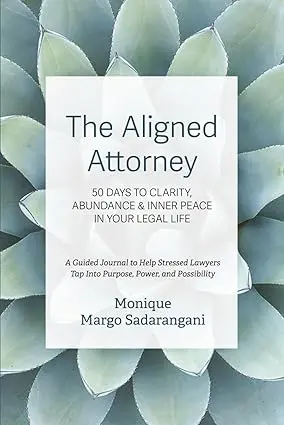
In a today’s constantly growing world, people are striving to obtain more and more assets either through acquiring real estate, creating new businesses, or investing in the stock market. All of these are great ways to grow your financial portfolio, but have you considered who gets these assets after you pass away? Have you considered what would happen to your profound wealth and who would get rights to it should you pass away? Well, there are two main ways you can protect your property from a potential family dispute. The first way is through a testamentary document known as a Last Will and Testament. The second way can be with either a Revocable Trust or an Irrevocable Trust. These documents are intended to ensure your assets are passed to those intended beneficiaries.
The Last Will and Testament
The purpose of a Last Will and Testament is to allow an individual, the Testator or Testatrix, to specify how his or her assets should be devised upon his or her death. The words, “Last Will and Testament,” create a presumption of the testator’s testamentary intent. This testamentary intent is a core component of a Will because, not only does it render the document valid, but it mandates that the document take effect immediately upon the testator’s death. Since the Will is a testamentary document, it actually takes no force of effect until the Testator or Testatrix dies.
Additionally, just because a Will is created does not mean the assets are passed to the intended beneficiaries without first obtaining approval from the court. A Will is still subject to probate, which can be a slow-moving process, requiring extra money for court fees and attorney costs. Furthermore, the probate process can take time. A surviving spouse or minor children dependent on the monies from the decedent can be put in a bind while waiting on the estate assets to be distributed.
The Trust:
Another popular alternative to the Last Will and Testament, is a Trust. There are two types of trusts generally: a revocable living trust and an irrevocable trust. The individual preparing his Trust, the Settlor, may consider his current situation at the time of creation in order to determine which type of trust would better serve his needs. A revocable living trust is made when the Settlor retains a right to change the trust at any time during his life, which gives him the flexibility to modify or revoke provisions in the trust. On the contrary, an irrevocable trust does not, and once the Settlor has created the trust, it is generally irrevocable with a few exceptions governed by law.
A revocable living trust is a manner to pass assets to intended beneficiaries, just as in a will, however, as it is funded during the lifetime of the Settlor, it takes effect during that individual’s lifetime rather than upon death. As the revocable living trust is not a testamentary instrument, any assets funded into the trust are not subject to the probate process. It is also a private document that does not need to be recorded or filed, allowing the settlor some privacy in the manner of the settlor’s intent for distribution.
Determining What Suits Your Lifestyle Best:
The determination of whether an estate plan that includes a will or a trust depends on your particular circumstances, assets, and desires for how these assets will get to your ultimate beneficiaries. While in many cases a trust plan is desired, because it can be funded immediately, avoids probate, and is a private document, discussing your situation with a seasoned estate planning attorney can help better assess your needs.




